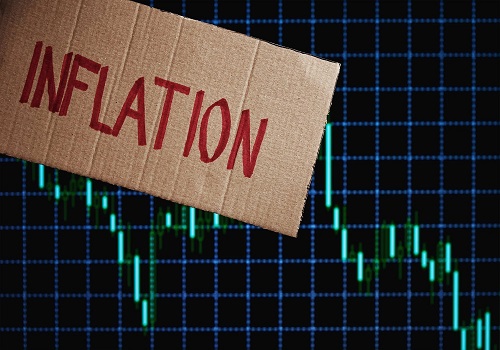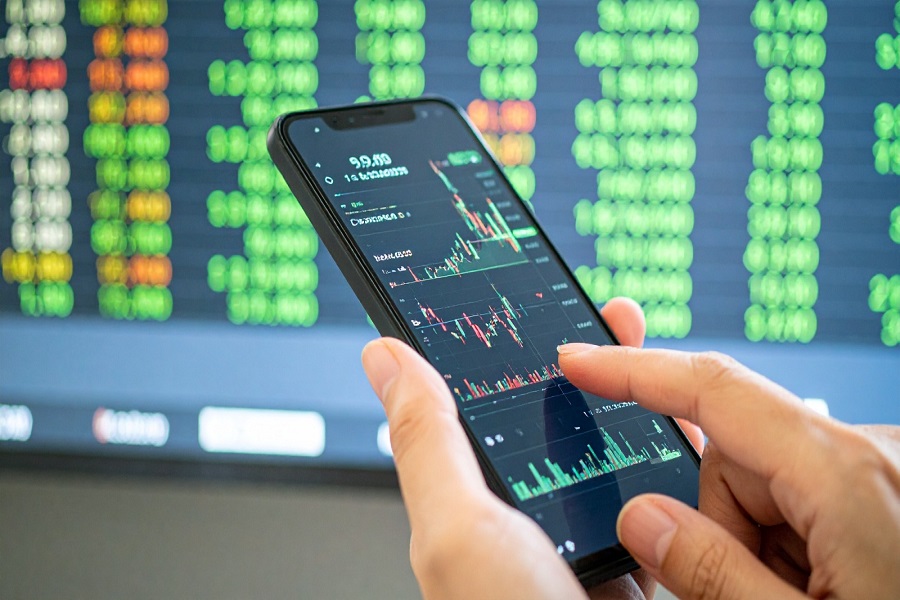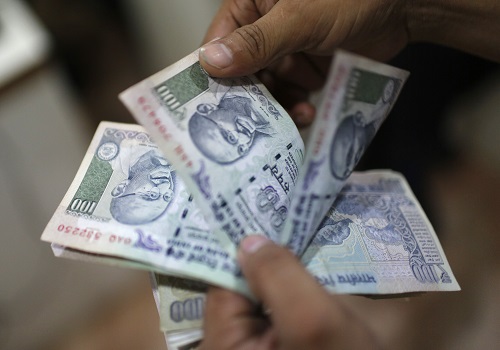In a sea of turbulence, India stands out for its stability, softening inflation

Indian markets have surged in the financial year 2023-24 while global markets have underperformed.
DSP Asset Managers said in a report that while the global data seems grim and the market conditions shaky, Indian economic conditions seem reasonably stable.
Some indicators include healthy GST collections, robust sale volume of petroleum products, promising electronic toll collections, and robust business activity and sentiments.
Despite interest rate hikes to multi-year highs, most countries are still grappling with inflation, striving to bring it within the target bands. Not India. India stands out with softening inflation. The downward trajectory of inflation is evident from the inflation models and the RBI's pause of the rate hike cycle, the report said.
Vikram Kasat, Head Advisory at Prabhudas Lilladher, said Nifty has surged over 5 per cent in financial year 2023-24. While if we look at global markets then they have tanked. There are multiple factors driving this exceptional growth in Indian markets -- end to RBI's modest rate hikes, FIIs coming back to India, manufacturing industry showing strong growth, exports touching new highs, on-going US recession, commodities cooling off, China plus one theme, coupled with Europe plus one, make in India, PLI schemes and incentives, all these factors have consolidated together and now are taking Indian markets at new levels.
Nowadays Europe plus one is a new China plus one -- because of poor gas supply which led to shortages and blackouts and shutdowns in Europe. This made India again an attractive investment destination, Kasat said.
The global economy has been hit by two huge shocks in three years. It might be about to suffer a third in the shape of a US debt crisis, CNN reported.
After the Covid pandemic, and the first major war in Europe since 1945, the specter of the American government being unable to pay its bills is now stalking financial markets.
For most, it's unthinkable, perhaps because the consequences are so terrifying. And it may never happen -- there were signs on Friday that negotiations in Washington to increase the amount the US government can borrow were gaining momentum. But if it does, it could make the 2008 global financial crisis feel like a walk in the park.
The fallout from a default would be "a million" times worse, said Danny Blanchflower, an economics professor at Dartmouth University and former interest rate-setter at the Bank of England.
"What happens if the greatest economic monolith in the world can't pay its bills? The consequences are frightful."
The belief that America's government will pay its creditors on time underpins the smooth functioning of the global financial system. It makes the dollar the world's reserve currency and US Treasury securities the bedrock of bond markets worldwide.
"If the credibility of the Treasury's commitment to pay comes into question, it can wreak havoc across a range of global markets," said Maurice Obstfeld, non-resident senior fellow at the Peterson Institute for International Economics, a think tank in Washington.
As per earlier reports, stocks of Chinese companies around the world have lost about $540 billion in value, CNN reported.
Investors trimmed their exposure to China amid economic uncertainty in the country, rising geopolitical tensions and Beijing's crackdown on international consulting firms.
"Investors remain skeptical (about China) for two primary reasons. First, the recovery has not been robust," said Brock Silvers, chief investment officer for Hong Kong-based Kaiyuan Capital.
Another concern for global investors is the country's "fundamental investability", he said, referring to geopolitical and Chinese policy risks, CNN reported.
"Unfortunately after two decades of mutual benefit, global tensions have risen between China and the US," said Michael Kelly, global head of multi-asset at PineBridge Investments, a New York-based asset management firm.




















